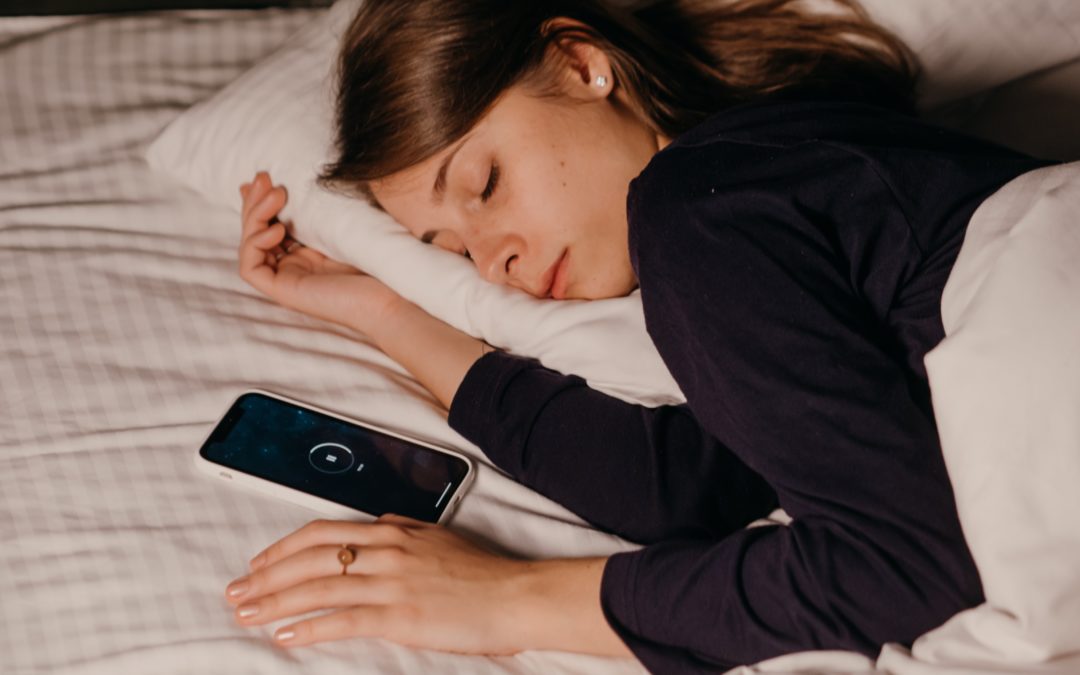Author: Sam Bowman
The sleep-wake cycle is an important factor in overall health. The quality of sleep you are getting impacts several areas of your health, including heart function, circulation, metabolism, respiratory system, and immune system. Sleep even assists in the formation of long-term memories. It can affect how well you focus and how clearly you think.
The benefits of proper sleep are obvious, impacting your physical and mental wellness. For people living with bipolar disorder, these effects may be even more crucial. In fact, there is often a symbiotic relationship between some facets of bipolar and sleep patterns. Learn how exactly sleep impacts bipolar disorder and how you can adjust your sleep schedule to optimize your management of bipolar and overall mental wellness.
The Relationship Between Bipolar and Sleep Patterns
When faced with sleep deprivation, bipolar symptoms can be triggered. Specifically, insomnia is associated with manic episodes. Many patients who experience mania report going long periods of time without sleep — even days. The less shut-eye patients get, the less they are reportedly able to regulate their emotions the next day. Depressive episodes can lead to increased amounts of sleep, often to excess.
However, the relationship between bipolar disorder and sleep isn’t so straightforward. Bipolar disorder is characterized by frequent sleep disturbances. Therefore, sleep disturbance as a symptom also exacerbates or brings on other symptoms like mania. It seems to be a vicious cycle, but understanding how these symptoms of bipolar affect each other can increase your quality of life and allow you to manage your mental health more effectively day to day.
Onset and Severity of Episodes
If you live with bipolar and frequently experience poor-quality sleep, it may be difficult to recognize when insomnia or hypersomnia is likely to trigger a manic or depressive episode. If you keep tabs on how you’re feeling before an episode, you can more accurately determine how sleep plays a part. Some physical and mental signs that you aren’t getting adequate sleep and are experiencing significant sleep disruptions include:
● Dry mouth;
● Sore throat;
● Sore teeth and jaw;
● Skin issues, such as acne breakouts;
● Elevated mood swings;
● Increased anxiety;
● Cravings for junk food, caffeine, and sugar.
Sleep issues can bring on bipolar episodes, but they can also exacerbate the symptoms you experience during these episodes. When your body isn’t getting the benefits from a good night’s sleep, it will try to make up for it in any way possible. However, mania can give you a false sense of needing less sleep. Although you won’t feel tired, you will start to notice some of the above symptoms, most notably an abrupt shift in mood.
Management of Bipolar Through Sleep Adjustments
Treatment for bipolar disorder can involve a focus on sleep quality. While bipolar is associated with sleep disruptions, you can actively work to better your shut-eye to minimize the chances of triggering an episode — or making an episode more severe. Take notes on how well you are sleeping and how you feel. You will start to notice some patterns. Keep in mind that some mood stabilizers, benzodiazepines, and antidepressants can cause drowsiness, noting when you take these medications and how they affect your sleep patterns.
Tips for Better Sleep With Bipolar Disorder
Taking control of your sleep with bipolar starts with an awareness of your patterns. Instead of feeling like you can’t predict when your episodes will occur, you will have a better handle on your body’s reactions. Then, you can try incorporating better sleep habits, such as:
● Minimizing tech use before bed;
● Putting technology on silent;
● Using applications for sleep, such as Headspace or Calm;
● Incorporating meditation into your wind-down routine;
● Wearing sleep tracking tech to give you a better idea of your patterns;
● Dimming lights with the sunset;
● Setting reminders to start winding down;
● Improving your diet;
● Exercising;
● Keeping your bedroom at a comfortable, cool temperature;
● Keeping consistent with your bedtime and the time you rise.
These seem like easy fixes to a complicated problem. However, they’re simply meant to decrease your chances of a manic or depressive episode, as well as decrease the severity of the symptoms you experience during those episodes. While bipolar disorder isn’t going to be “cured” by installing blackout curtains and going to bed at a decent time, it can certainly help your management of the disorder and quality of life.
The content of the International Bipolar Foundation blogs is for informational purposes only. The content is not intended to be a substitute for professional medical advice, diagnosis, or treatment. Always seek the advice of your physician and never disregard professional medical advice because of something you have read in any IBPF content.
International Bipolar Foundation does not endorse or have affiliation with any of the mental health applications listed in this blog.


